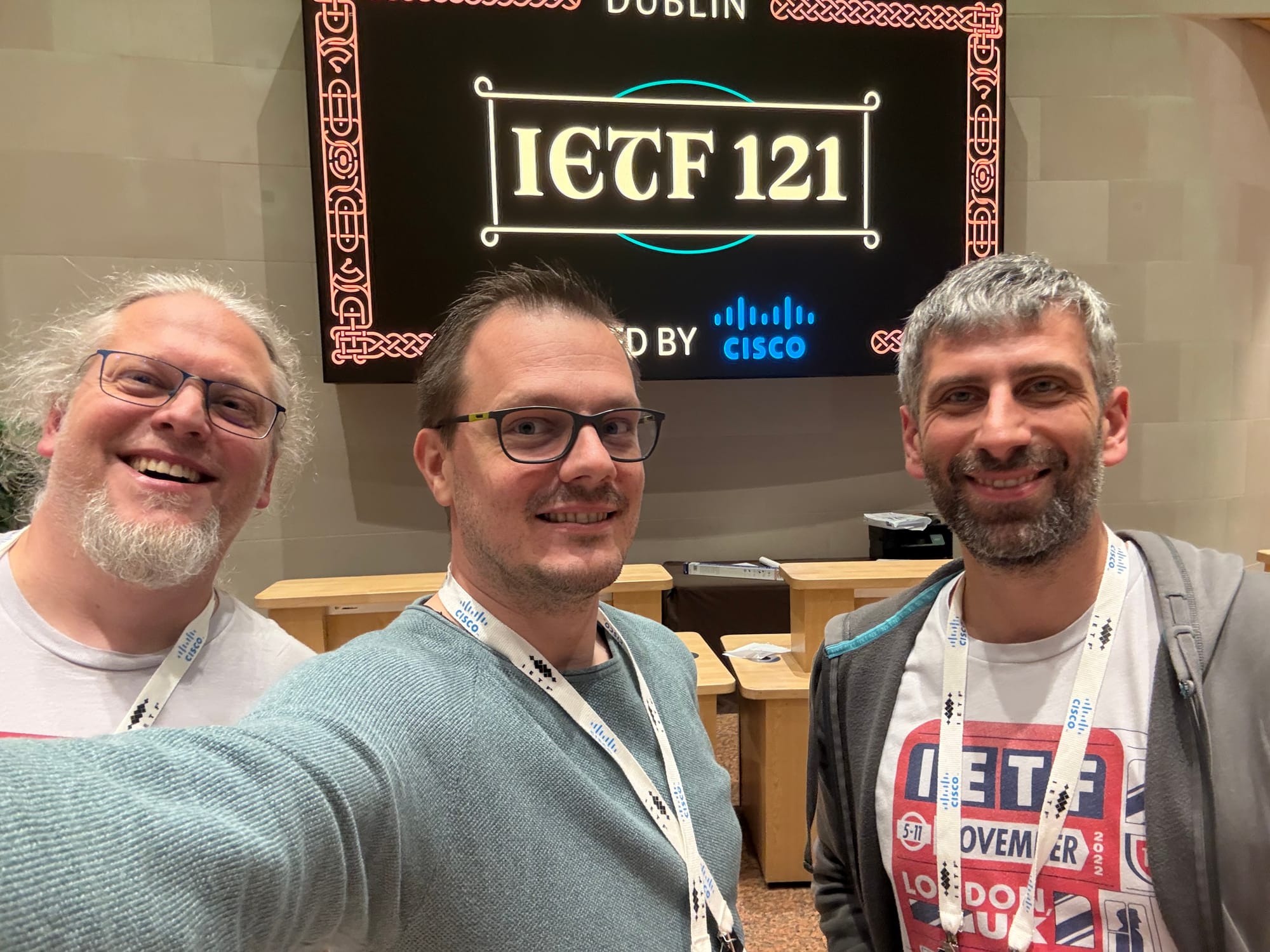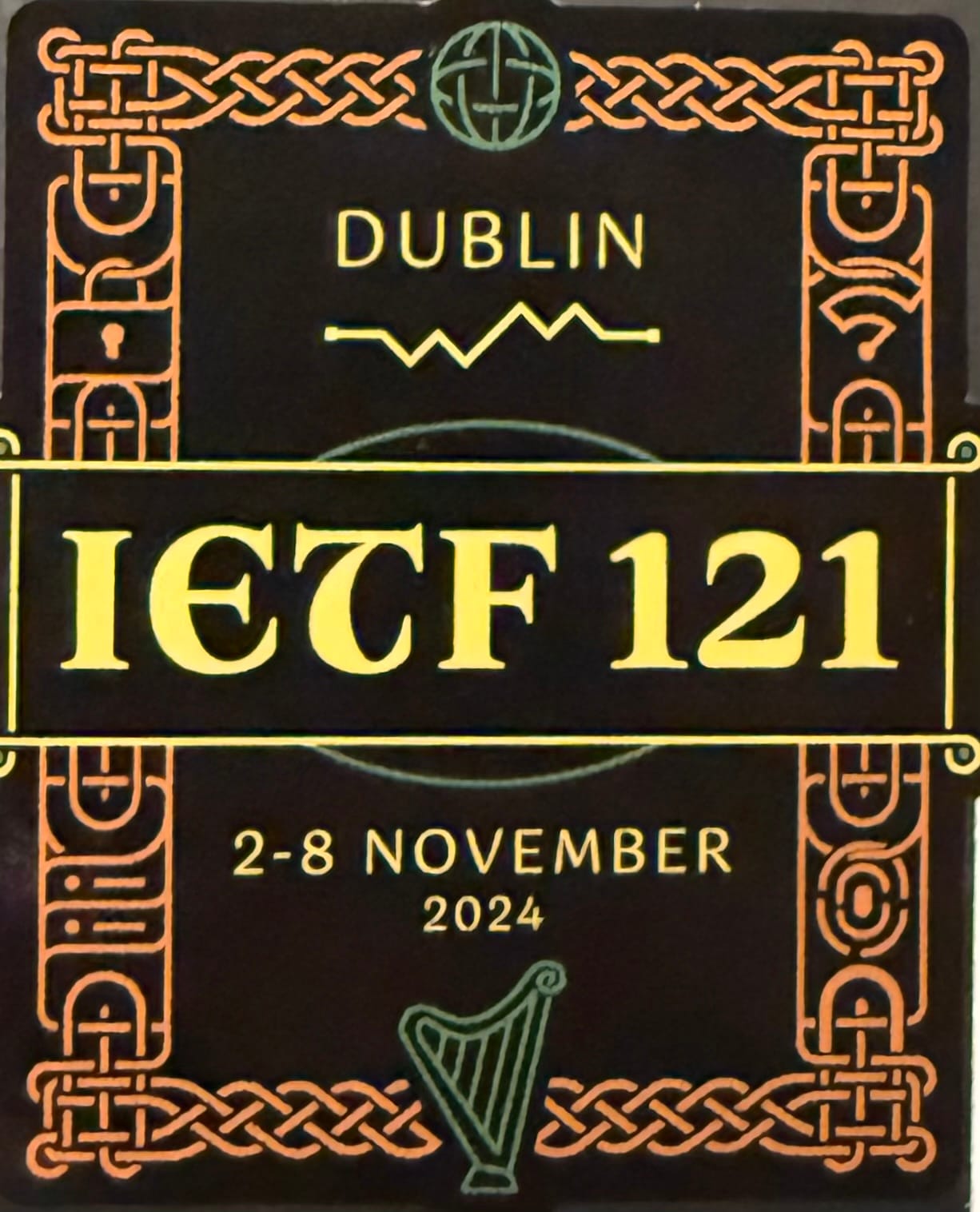The domain industry is at a turning point. Twenty years ago, the introduction of the Extensible Provisioning Protocol (EPP) brought order and standardisation to the previously fragmented world of domain provisioning. Since then, EPP has served as the foundation for communication between registries and registrars. However, new technical possibilities and changing requirements are now opening up opportunities for further development.
In 2024, a new era could start with the RESTful Provisioning Protocol (RPP). The initiative, driven by DENIC and other leading organisations, aims to create a modern, REST-based protocol that complements EPP and makes integration in the domain industry even easier and more cost-efficient.
The birth of EPP: a success story of standardisation
In the early 2000s, domain provisioning was characterised by interfaces that differed from registry to registry. Each solution was specific, forcing registrars to incur high costs and technical efforts to communicate with the various registries.
In 2004, the adoption of the first EPP standard (RFCs 5730-5734) brought the much-needed standardisation. Its finalisation as STD 69 in 2009 marked a milestone and enabled the domain industry to perform global scaling and achieve greater efficiency. EPP became the cornerstone of communication between hundreds of registries and thousands of registrars. Today, it is indispensable in the gTLD world, and it has also gained a strong foothold in the ccTLD landscape.
New challenges: the limits of EPP
EPP remains a solid foundation, but the IT landscape has evolved significantly since its introduction. Modern APIs are based on REST architecture, use JSON for data exchange, and benefit from an ecosystem of standardised tools such as OpenAPI, API gateways, and authorisation servers.
The growing adoption of RESTful interfaces, as seen with ccTLDs like.ee, shows that the domain industry is open to innovation. Many registrars now prefer RESTful APIs because they are easy to integrate and agile in use. However, this development also includes risks: Without standardisation as a basis, the industry could revert to the fragmentation of the pre-EPP era, which would bring along increasing costs and operational complexities.
What is RPP?
The RESTful Provisioning Protocol (RPP) is designed to complement EPP as a modern protocol. It relies on REST architecture and JSON as data format to make domain provisioning easier and more efficient.
RPP shall take advantage of modern technologies and create a flexible, scalable protocol. It aims to:
- provide a functional equivalent to the core features of EPP (domain, host and contact management)
- enable extensibility for future use cases
- define new features that go beyond EPP.
The focus is on coexistence, not replacement: RPP is intended as a complementary standard rather than a substitute for EPP. Registries and registrars can use both protocols in parallel to meet different requirements.
The road to standardisation at the IETF
Discussions about RPP began in 2023 at a workshop during the CENTR Tech/R&D Meeting in Paris, where several ccTLD registries agreed that a common standard for RESTful Provisioning was needed. This initiative eventually led to the concept being presented to the Internet Engineering Task Force (IETF).

How the idea evolved into a working group
The first discussions took place at the IETF Meetings 118 (Prague), 119 (Brisbane) and 120 (Vancouver). The decisive ‘Birds of a Feather’ (BoF) meeting, evaluating the formation of a working group, was held at IETF 121 in Dublin.
Experts such as Pawel Kowalik (DENIC - .de), Timo Võhmar (Estonian Internet Foundation -.ee) and Maarten Wullink (SIDN -.nl) presented the motivation behind RPP, initial experiences with RESTful Provisioning and possible technical approaches. The discussions were lively and controversial. While many participants welcomed the initiative, some expressed concerns about the coexistence of EPP and RPP.
At the end of the meeting, an opinion poll showed broad support for establishing the working group. The final decision is expected from the Internet Engineering Steering Group (IESG) before the next IETF Meeting in March 2024.
DENIC's role and an invitation to participate
DENIC has played a leading role in shaping RPP from the outset. As one of the key organisations behind the initiative, it invites all registries, registrars, resellers and other domain industry players to participate in its further development.
The entry barriers are low: The mailing list of the RPP working group is open to all interested parties, and new members are warmly welcome at the IETF meetings, whether on-site or virtual. The aim of the initiative is to collaborate with the global community to jointly create a standard that will take the domain industry to the next phase of development.
Outlook: opportunities and challenges
RPP offers the opportunity to further simplify integration between registries and registrars, to promote new market entrants and to accelerate innovation processes. At the same time, it remains crucial to preserve the benefits of EPP and avoid renewed fragmentation.
The coming months will be decisive. With the anticipated formation of the working group, RPP could lay the foundation for the next generation of domain provisioning while preserving the values of standardisation and collaboration that have made the industry so successful.
Summary
The new RESTful Provisioning Protocol (RPP), developed by organisations such as DENIC, complements the established Extensible Provisioning Protocol (EPP). RPP uses modern technologies such as the REST architecture and JSON to achieve better integration and increased efficiency without abandoning standardisation. It aims to simplify domain provisioning, enable new features and avoid fragmentation. Standardisation through IETF is being driven forward, supported by a broad community. RPP could mark the beginning of a new era of flexibility and collaboration in the domain industry.















